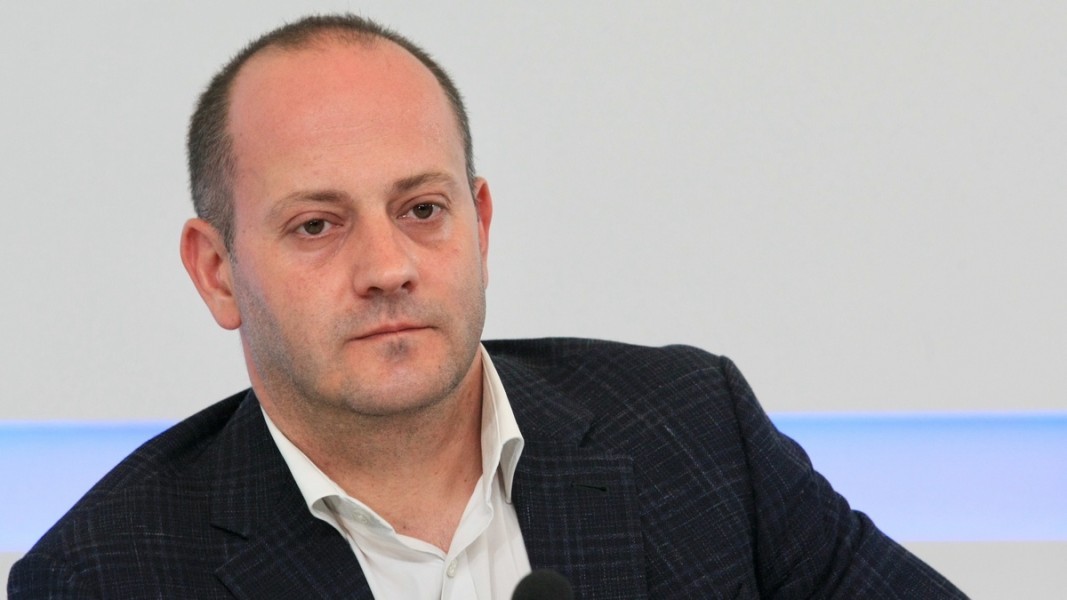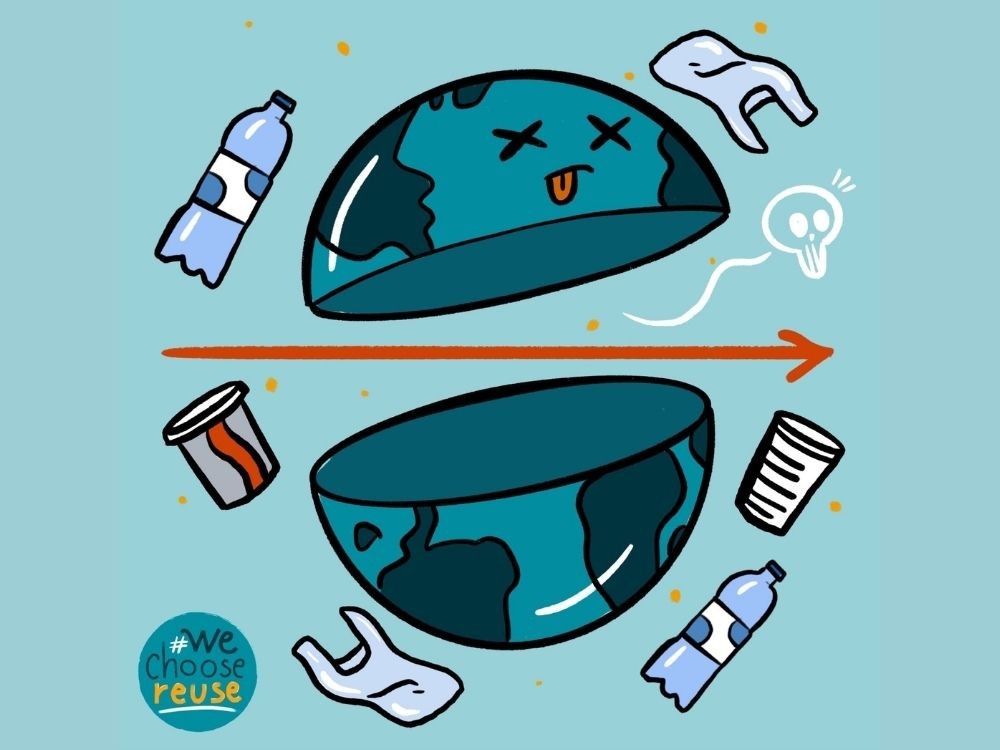About 85% of marine litter in the EU consists of plastic and 50% of this are disposable plastic products, while 27% is fishing gear. In Bulgaria, every year hundreds of volunteers take part in various actions to clean the mountains and beaches and collect tons of plastic. Despite campaigns for separate waste collection, attitudes are difficult to change, especially in small towns, where some people continue to dump waste in rivers, ravines and all kinds of unregulated landfills. On the other hand, more and more young people aware of the harmful effects of plastic waste have started using glass and metal packaging for food and beverages. And while some avoid using harmful packaging and disposable utensils, other Bulgarians will have to comply with the European directive banning them. The directive came into force on July 3.
It is expected that in the coming months the Bulgarian Ministry of Environment and Waters will transpose these requirements into Bulgarian legislation and monitor their implementation.
"This is a goal that has been prepared for a long time and now it has a legal framework," Radan Kanev, deputy member of the European Parliament's Committee on Environment, Public Health and Food Safety, said in an interview with BNR. Is Bulgaria prepared to put the requirements into practice?

"The transposition of the directive has its deadlines, which are mandatory,” Kanev says. “The point is that small business representatives have not been informed on what's next. Here we are at the beginning of the summer tourist season and if the companies on the market are not prepared, this means that all these items will be used all summer."
Bulgarians will have to give up on plastic stirrers, straws, forks, spoons, cups, plates, boxes, etc., which continue to be used at parties, culinary events, festivals and more. Changes take place slowly, especially when bad habits have accumulated over the years. Now Bulgarians have the opportunity to join the global initiative “Plastic Free July", which takes place in this country for the fourth consecutive year.

“The easiest way is to choose a metal or glass bottle that we can fill with water so that we don't buy plastic ones,” Eleonora Yosifova from the Za Zemiata (For the Earth) environmental organization says. “More and more restaurants and open bars at festivals are happy, when we have our own cup for drinks. At work we can carry a reusable box in which we can have food instead of using disposable containers."
In addition to the positive effects, the restriction on plastic products will lead to higher production costs, higher prices and layoffs.
"I expect that in the coming years the directive will undergo development and be much more oriented towards the circular economy and would not just shift the focus from one disposable product to another" Teodora Mladenova, deputy manager of one of the largest companies for packaging in Bulgaria, says. “We need to direct society towards waste recovery and recycling."

The same opinion is shared by Stoyan Vakareev – executive director of one of the largest companies for the production of plastic products, which is likely to suffer huge losses:
"The focus should be on separate waste collection and recycling and we have been working a lot in this direction. This type of plastic we use is recyclable and no one is saying whether the organic product that would replace it is recyclable."
It is clear that paper is not an alternative, because trees are being destroyed for its creation.
Author: Darina Grigorova /based on interviews by BNR-Radio Sofia/
English: Alexander Markov
Photos: breakfreefromplastic.org, BGNES
The highest concentration of microplastics along the Bulgarian Black Sea coast is found in the Bay of Sozopol, according to a study by the Laboratory of Marine Ecology in Sozopol published in the international journal Marine Pollution Bulletin...
The Bessarabian Bulgarians are "an integral part of the Bulgarian national body, of the Bulgarian spiritual and cultural community, and they will always be, because the bond between us and them is unbreakable" - wrote the only issue of the newspaper..
Voting by force of habit. Voting with the last ounce of hope that tomorrow everything will be all right and we shall only be talking to each other about elections in four years’ time. Voting with a sense of bitterness – at politicians, at our own..
The Buzludzha Monument will be the set of a Hindi film production. A team of 100 people have arrived in Kazanlak for the filming of..
The Embassy of France and the French Cultural Institute brought together scientists to present their experience and the scientific..

+359 2 9336 661
